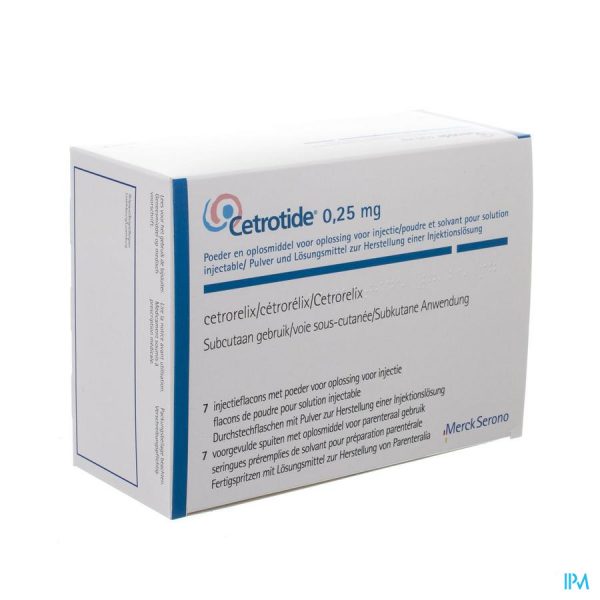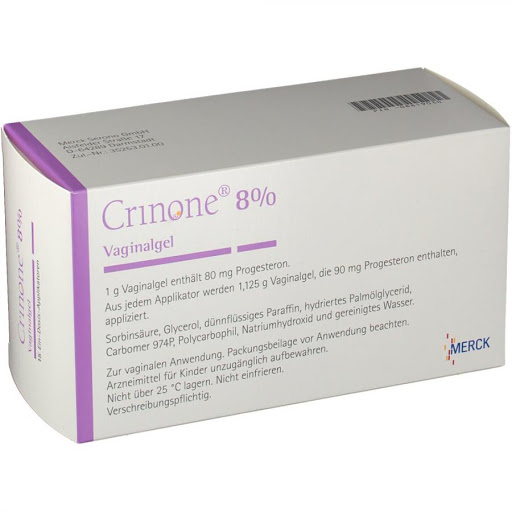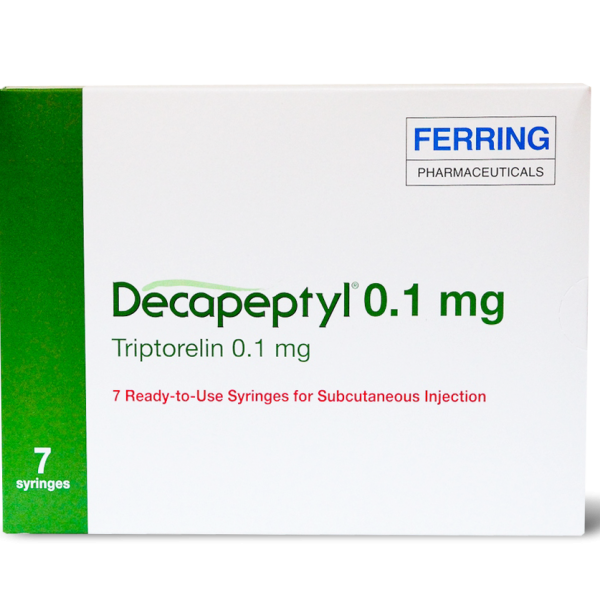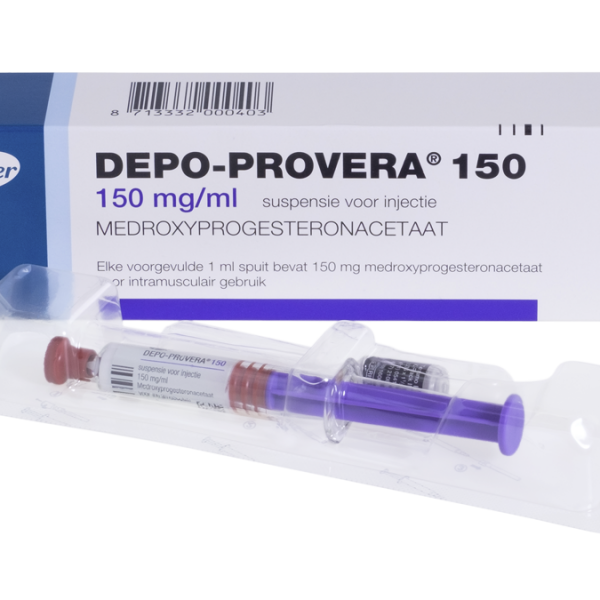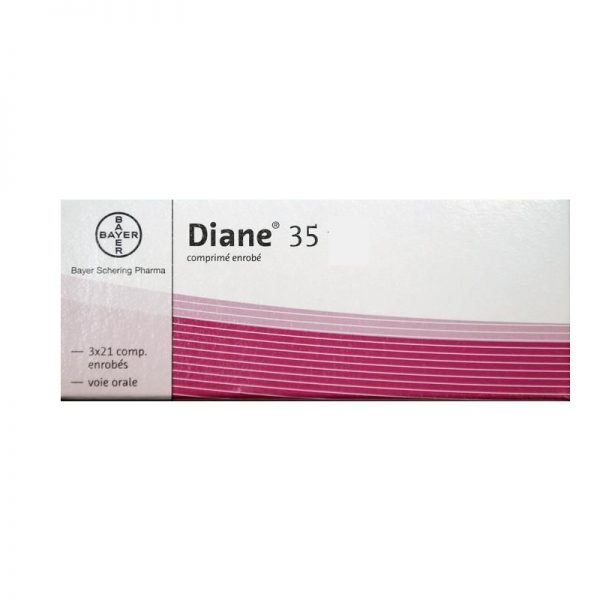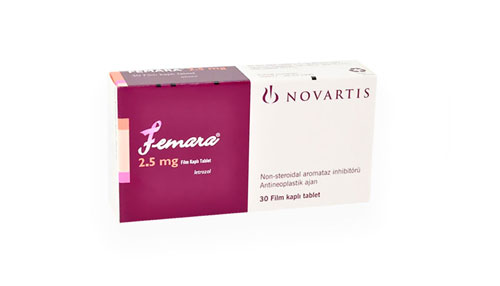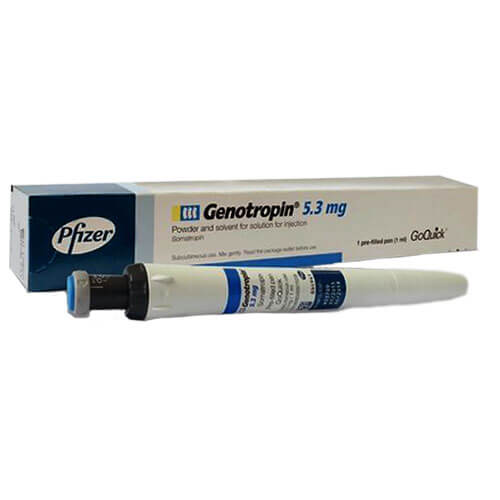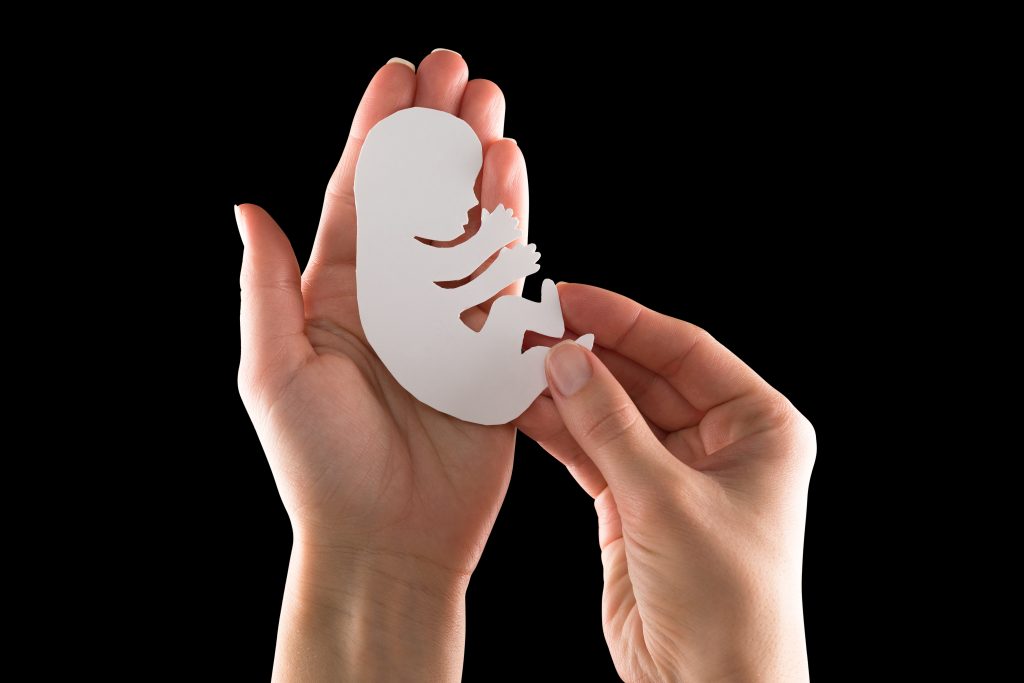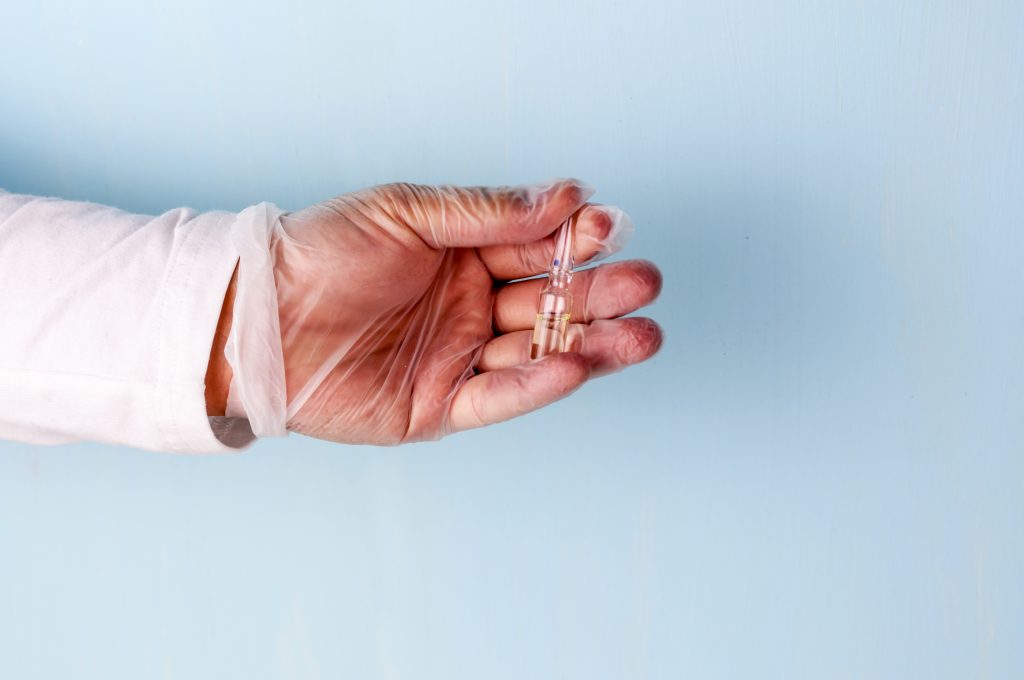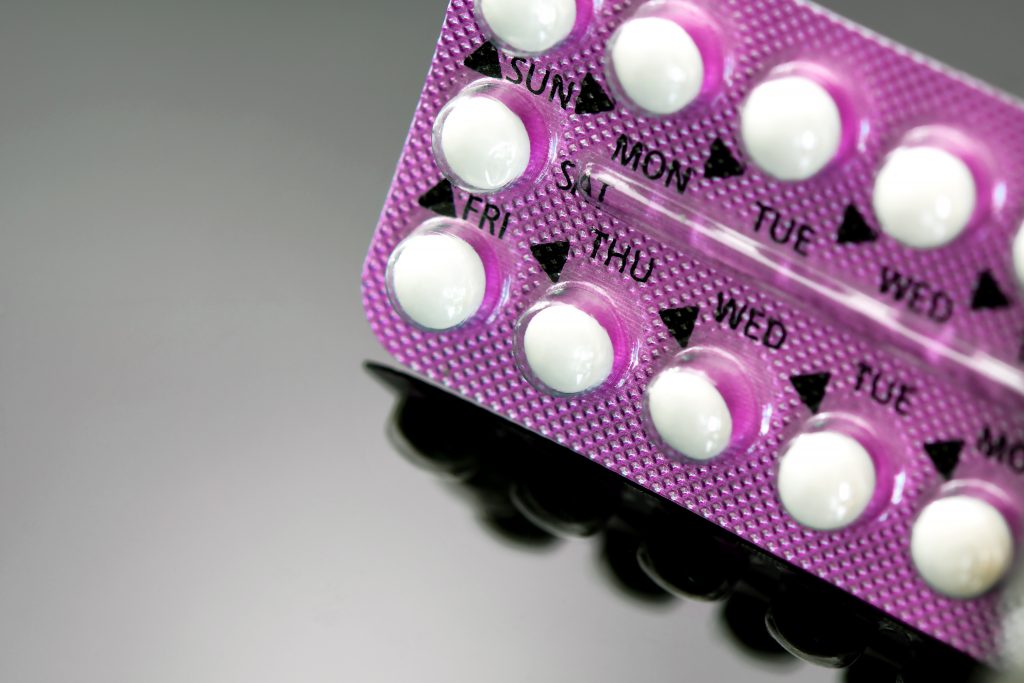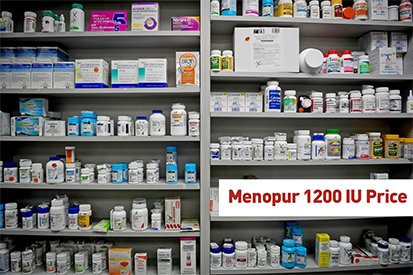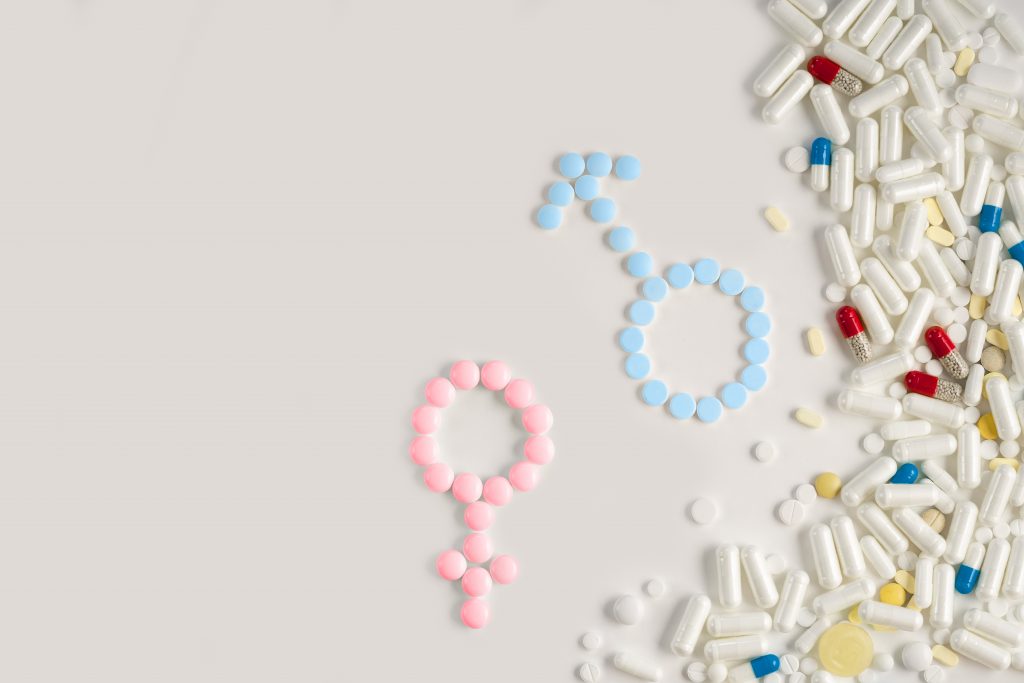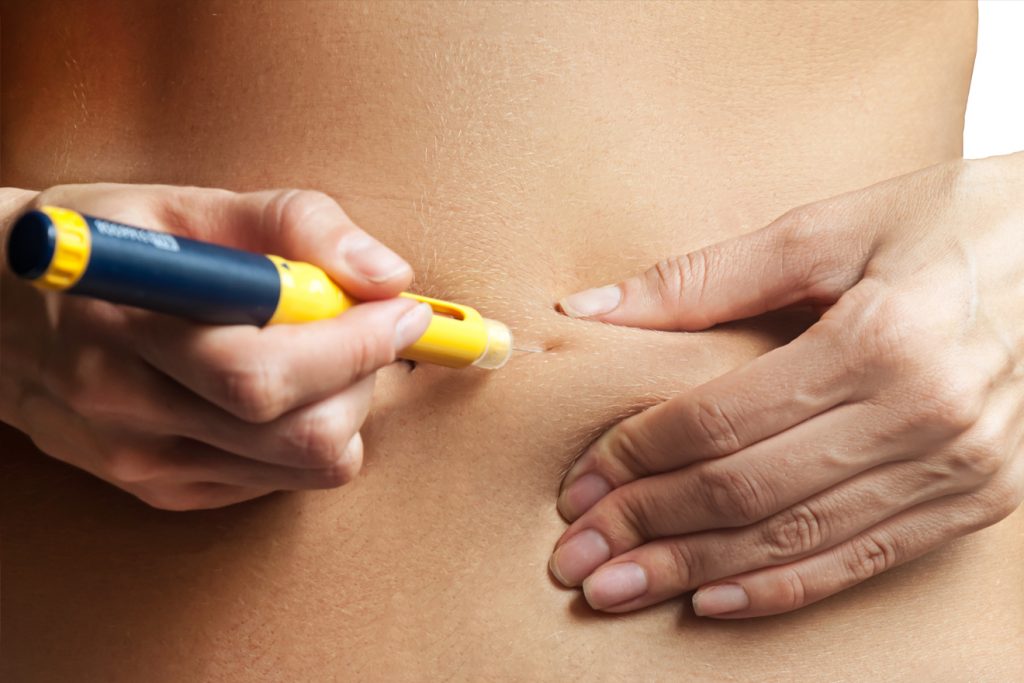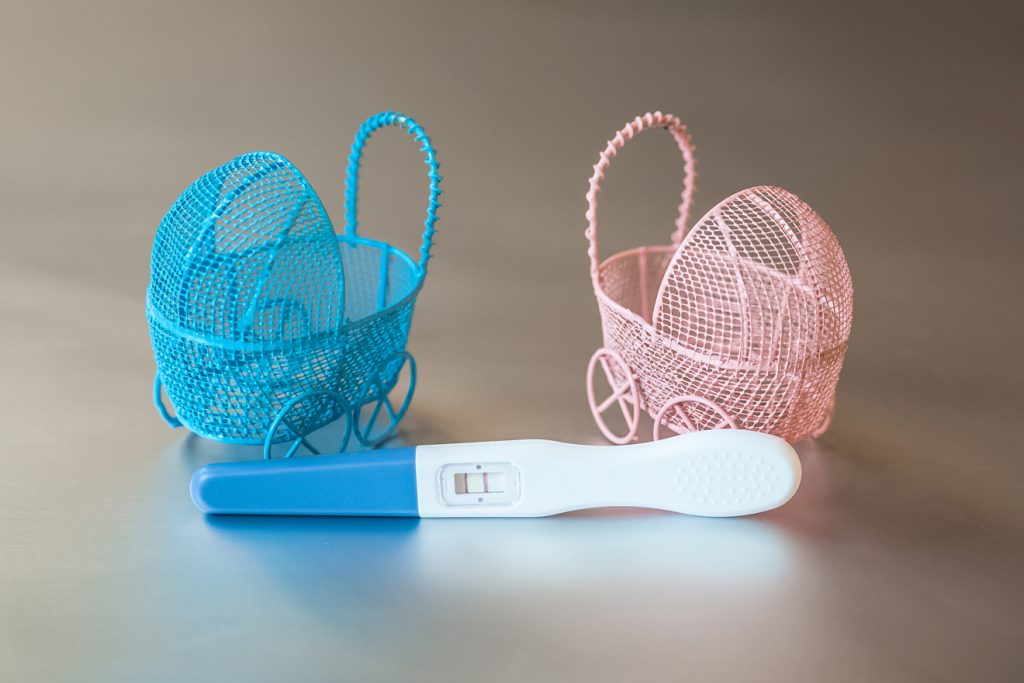Drugs and Needles Used in IVF Treatment
As in many diseases, the patient is always at the center of the treatment in the IVF treatment process. The correct use of the medication during the treatment process may have consequences that may affect the success of the treatment. Although there are no “real patients” as in other diseases, the patient has to use many drugs in the treatment process. However, the patient has not experienced it before and takes about 20 days.
What are the most common mistakes made by IVF patients in this process? How to avoid misuse of IVF drugs? Are there any side effects of IVF drugs? Now we will try to answer all these questions in our article.
What Is the Most Disturbing Point About Drug Use During Treatment?
A significant part of the fear of IVF found in some of our patients is due to drug use. Because in this period, IVF patients, can be worried about “I’ll adjust the drug dosage incorrectly” or “I’ll make the wrong area”. This feeling creates a real pressure on them. Because, during the period of ovulation induction (egg growth) lasting 10-14 days, we ask a woman who has not received a syringe into her hand for a single time. Of course this makes them nervous.
How to Pass Errors When Using In-vitro Needles?
The most important thing to do is to give a detailed description of the use of the test tube needles. The patient should be informed in detail about both the use of the egg magnification needle and the drugs used after the egg collection. This training can relieve the patient’s concerns and play an important role in the post-treatment pregnancy rates.
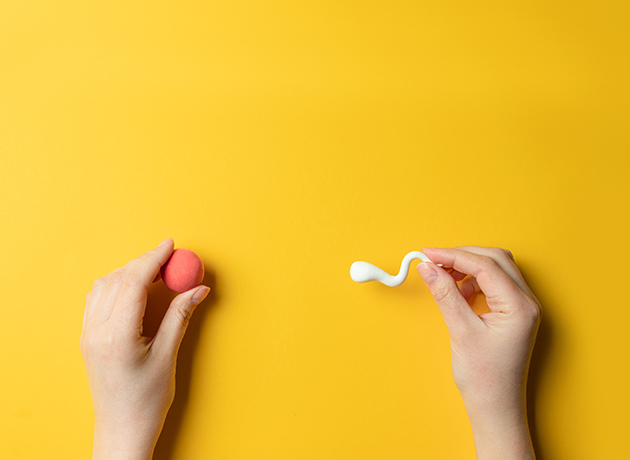
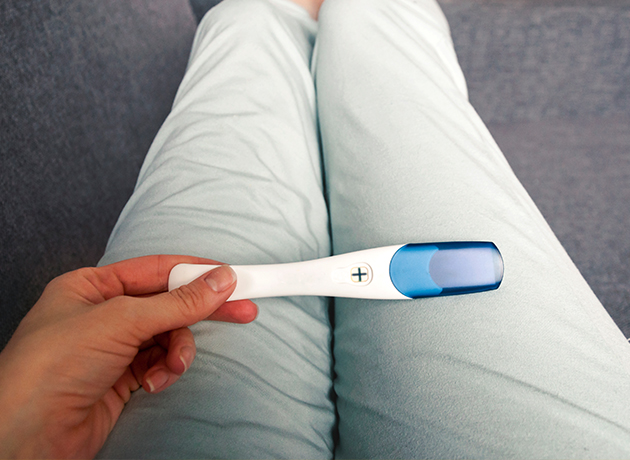
What should be done to avoid mistakes caused by not using the right medication in the treatment process?
In fact, in the course of a rigorous IVF treatment, the patient is not very well informed. However, another important point is that the patient should always be honest with his / her physician and his / her nurse. Besides, it is possible to list the following as follows:
- It is necessary to carefully explain the time, duration and doses of the egg growth needle.
- Information on the use of medication and how to use it should be given to the patient in writing.
- The infant should be warned by the doctor and his / her nurse about the changes made during the treatment. If there is a wrong use, it may be necessary to reorganize or cancel the treatment according to the effect of the error.
- The most common mistake is the HCG (egg cracking) injection at the end of the egg growth period.
- A mistake in the timing of this needle causes the eggs to crack prematurely or not to mature eggs. Tube baby centers should therefore confirm the time of injection. The patient should be carefully informed about this watch.
- The drugs to be used after egg collection and transfer are completely differentiated. Oral and vaginally used drugs are added to the treatment. The patient and the doctor should talk personally and treatment support should be preferred where patient compliance is best.
- The communication between IVF center doctors, nurses and the patient should be placed within a framework where they can reach each other 24 hours a day. At the same time, communication should be given attention to details, communication should be made very clearly and clearly.
Drugs Used in IVF Treatment
The treatment of IVF patients is supported by DHEA hormone, folic acid and vitamin supplements. In addition to these drugs, which are usually administered orally, the in vitro baby doctor may also recommend fish oil.
So what are the needles used and how many days of needle need to be treated in IVF?
Needles Used in IVF Treatment
It is possible to examine the needles given to the in vitro fertilizers in two categories:
- Egg Magnification Needle
According to the physical and hormonal status of these drugs, completely hormone drugs are determined individually. Depending on the condition, ovaries are sometimes stimulated and sometimes suppressed. Ovulation induction (ovulation enlargement) is used during this period.
- Drugs Used After Egg Collection
The eggs collected after the egg growth process are fertilized with the sperm of the father and the embryos are formed. The best quality embryo is transferred to the mother. The estrogen and progesterone hormones are given to the patient during and after the procedure. These hormones can be given as vaginal gel, suppositories or needles.
Tube Baby Needles Takes How Many Days.
The treatment of IVF should be carried out individually. For this reason, one of the questions asked by patients who could not find clear information in their research is the question of how many days the tube baby needles last. Depending on the patient’s condition, the tube can be used along with baby needles 10-12. Depending on the physician’s choice, sometimes a long treatment protocol is applied. In this case, the tube infant needle starting on average 21 days after the procedure is applied to the patient for an average of 20 days.
Considerations When Using “Gonal F”
“Gonal F” is one of the hormone injections that are frequently used in IVF treatments. The injector containing the estrogen hormone injects the mother from her own navel. The patient should apply this needle to the half-moon shaped area, which is 2 finger down and 2 finger sides of the umbilicus after adjusting the dose. The application of the needle is very easy and painless. The most important thing to consider when using “Gonal F” is the time of the needle.
Cetrotide Needle
The cetrotide needle applied 5 to 6 days after the beginning of the treatment to prevent the growing egg from cracking out of control is a needle that is applied to prevent the developing eggs from cracking outside the control of the physician. The application of the needle is done in the same manner as the hormone needles such as gonal f. The most important element in this application is the application hours. At what time the doctor asked the patient to hit this needle should be injected exactly at that hour. Otherwise, egg development may become unstable and it may be necessary to discontinue the IVF treatment as the eggs may crack before the scheduled time.
Side Effects of Drugs Used in IVF Treatment
Drugs used in IVF treatment (thanks to advanced technology) are now more pure, more precise and easier to administer. This has made treatment more reliable and easier today.
As with every medication and treatment, there are side effects of IVF drugs. These are mostly temporary effects that spontaneously resolve in a short time. We rarely encounter situations that may threaten health.
These drugs, although not very often, may cause mild irritation in the area of administration (injection, needle). In addition, it is rarely encountered and is not very serious; headache, breast tenderness, hot flashes, fatigue or emotional tenderness can be seen.
The question of whether “IVF treatment will gain weight” is one of the most common questions. For a short time, the appetite change may increase several pounds due to water retention and payment in the body. However, this situation is temporary and there is no permanent weight gain in the long term, unless excessive intake of food is taken.
There are also rumors that cancers cause cancer. Many and large-scale research has been conducted and no direct relationship between these treatments and ovarian and breast cancers has been found. Infertile women who have never given birth (even if they are not treated at all) are known to have an increased risk of ovarian cancer. In addition, this treatment of the ovaries of the eggs to consume the patient into the early menopoza is certainly not such a situation.
Drugs used in egg-enhancing therapy; ovarian hyperplasia, abdominal distention, nausea, vomiting can lead to a table. This condition, called OHSS (ovarian stimulation syndrome), can be seen in three levels as mild, moderate and severe. The most common form is light. The ovaries are enlarged, a slight discomfort in the abdomen is felt. Rest in a few days with painkillers if needed and rest. Nausea and vomiting are added to these symptoms in moderate OHSS and abdominal distention is higher. This situation will be reduced in a short time with close follow-up and corrective treatment of patient comfort. Severe OHSS is a condition in which there is fluid accumulation in the abdominal cavity and dyspnea accompanied by impaired general condition of the patient. It is seen in about 1% of the patients and may require hospitalization.
Symptoms usually begin 4-5 days after egg collection. Mild to moderate OHSS can heal spontaneously in days. If the embryo has been transferred and pregnancy has occurred, this recovery may be delayed, sometimes it may take several weeks.
The most important factor to avoid OHSS is the close follow-up during treatment. If the patient’s response to drugs is too high and the estradiol hormone level has increased too much, it is expected that this level will decrease with the days without medication.
Pregnancy may aggravate this condition, so transferring embryos without freezing is a preferred route in risky patients. After the patient’s ovaries are restored, frozen embryos are thawed and transferred. Thus, the patient is protected from severe OHSS and the chance of pregnancy is not adversely affected.


